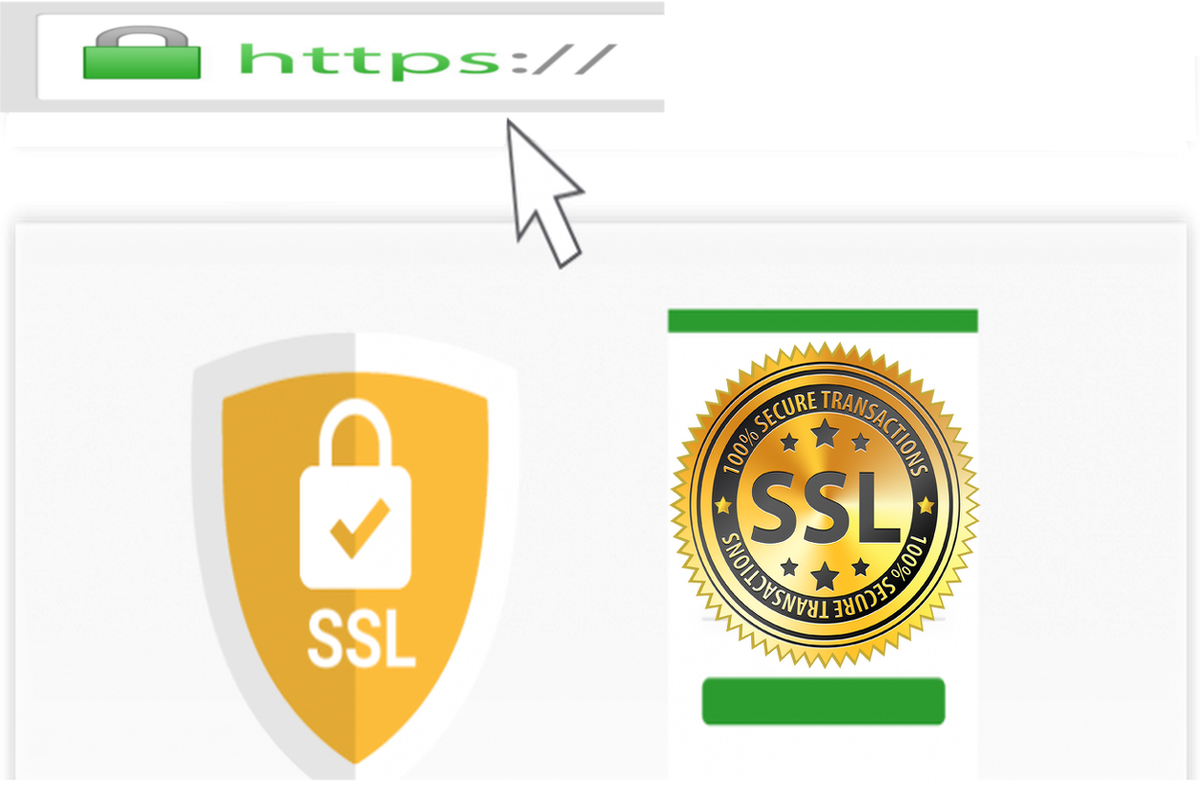Disclosure: This post contains affiliate links. I may receive compensation when you click on links to products in this post. For an explanation of my Advertising Policy, visit this page. Thanks for reading!
What exactly is SSL full form?
The full form of SSL is Secure Sockets Layer. It is a security protocol that provides privacy and data integrity between two communicating applications.
SSL is used in many applications including web browsers and email servers.
It is also used in e-commerce transactions to protect credit card information.
SSL is a protocol that uses two keys to encrypt data.
The public key is used to encrypt data and the private key is used to decrypt it.
SSL was developed by Netscape in 1994.
SSL is an industry standard and is used by millions of websites to protect their online transactions.
SSL is also supported by all major web browsers.
What is an SSL certificate used for?
An SSL certificate is used to create a secure connection between a web server and a web browser.
This allows for sensitive information, such as credit card numbers and passwords, to be transmitted securely. SSL certificates are also used to verify the identity of a website.
When you see the green padlock in your web browser, it means that the site is using an SSL certificate and that your information is being transmitted securely.
Is SSL the same as HTTPS?
SSL and HTTPS are not exactly the same, but they are closely related.
SSL (Secure Sockets Layer) is a security protocol that provides encryption and authentication for communications over the Internet.
HTTPS (Hypertext Transfer Protocol Secure) is a combination of HTTP and SSL, and it is used to protect sensitive data such as login credentials and credit card information.
SSL and HTTPS are both important for keeping your data safe, but SSL is the foundation that HTTPS is built on.
So, if you’re looking to add security to your website, you’ll need to make sure you have SSL installed.
Once you have SSL, you can then enable HTTPS to further protect your website and its visitors.
SSL Full Form FAQs.
In this section, we’ll be discussing what SSL is, and some of the most common questions people have about it. Let’s get started!
Why do I need SSL?
SSL is important for two reasons:
First, it encrypts sensitive information so that it cannot be intercepted and read by third parties.
Second, it helps authenticate the server to the client, ensuring that the client is connecting to the intended site.
How do I get SSL?
You can purchase an SSL certificate from a trusted certificate authority such as VeriSign or GeoTrust.
Once you have obtained the certificate, you will need to install it on your web server.
However, nowadays most web hosts do include the “Let’s Encrypt” SSL certificate with their hosting plans. You do need to set it up on your website though.
If you have WordPress, this is easy to do! Just download and activate the “Really Simple SSL” (free) plugin and follow the few steps outlined in its installation instructions.
No coding necessary! You’ll have your SSL and the little “lock” sign at the beginning of your website’s URL in just a few minutes!
What are the benefits of SSL?
SSL provides several benefits, including improved security for sensitive information, increased trust and confidence in your website, and compliance with industry regulations.
What are the different types of SSL certificates?
There are three types of SSL certificates: Single Domain, Multi-domain, and Wildcard.
- Single Domain.
A Single domain certificate is valid for a single website or domain name.
- Multi-domain.
A Multi-domain certificate is valid for multiple websites or domain names.
- Wildcard.
A Wildcard certificate is valid for all subdomains of a single domain name.
What is the difference between a standard SSL certificate and an EV SSL certificate?
An Extended Validation (EV) SSL certificate is a type of SSL certificate that provides enhanced security and authentication.
It requires more rigorous vetting of the organization requesting the certificate, and the organization’s name and location are displayed in the browser bar when the certificate is active.
How often do I need to renew my SSL certificate?
Most SSL certificates have a validity period of 1-2 years, after which they must be renewed.
Some certificate providers may offer discounts for renewing early, so it’s worth checking with your provider to see if this is an option.
What are the consequences of not having SSL?
If you don’t have SSL, your website will not be secure and any sensitive information that is exchanged (such as passwords or credit card numbers) could be intercepted and read by third parties.
Additionally, your website will not be compliant with industry regulations, and you may lose trust and confidence from your users.
SSL full form, conclusions.
SSL stands for Secure Sockets Layer, which is a protocol that encrypts data transmissions.
SSL certificates are used to create secure connections between web browsers and servers.
This system protects the server from eavesdropping or impersonation of its identity by an attacker in order to steal sensitive information such as credit card details or passwords.
SSL has come into common usage since it was first introduced in 1995, and it is now the most widely used security protocol on the internet.
SSL is an important part of online security, and its use is increasing all the time.
Most major websites now use SSL certificates to protect their users, and it is becoming more and more difficult to find a site that does not use them.
SSL is a very important security technology and should be used whenever possible to protect sensitive data.
While it is not 100% foolproof, SSL provides a high level of security that is difficult for attackers to penetrate.
When combined with other security measures, such as firewalls and antivirus software, SSL can help keep your data safe and secure.


